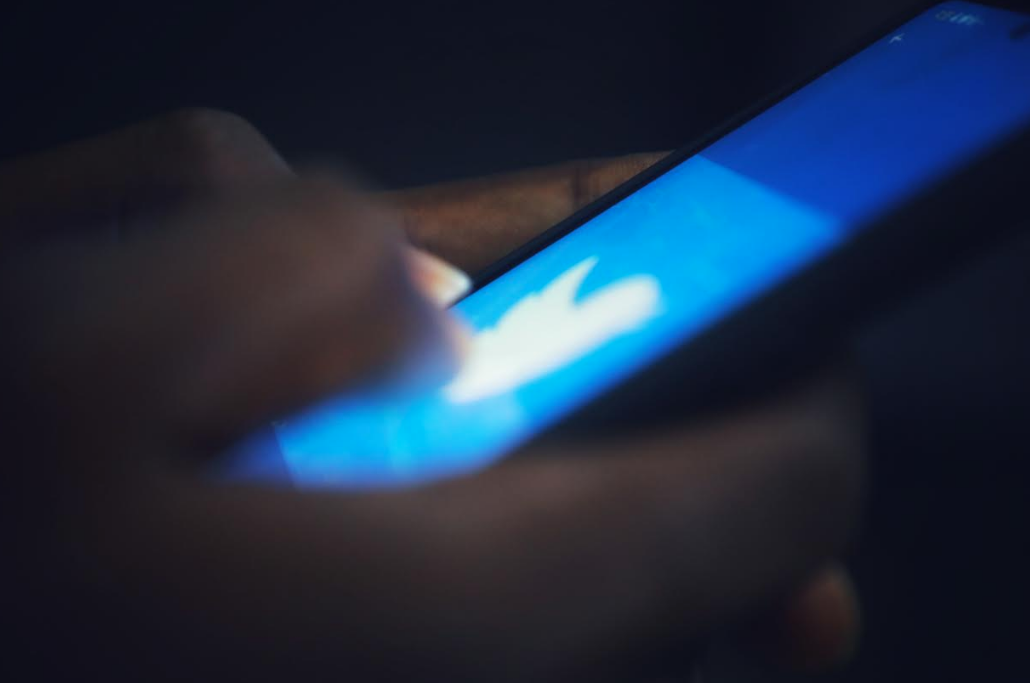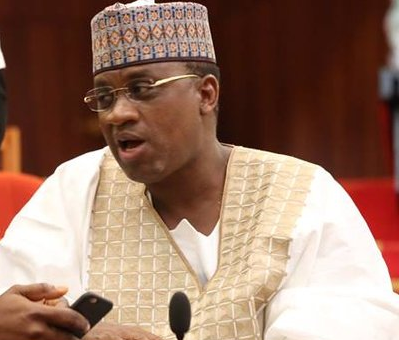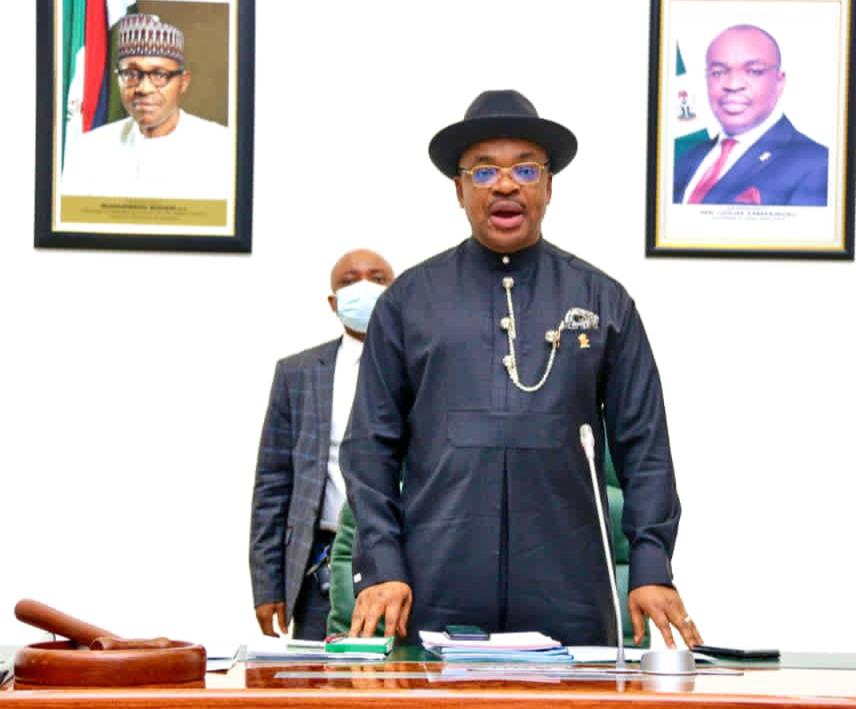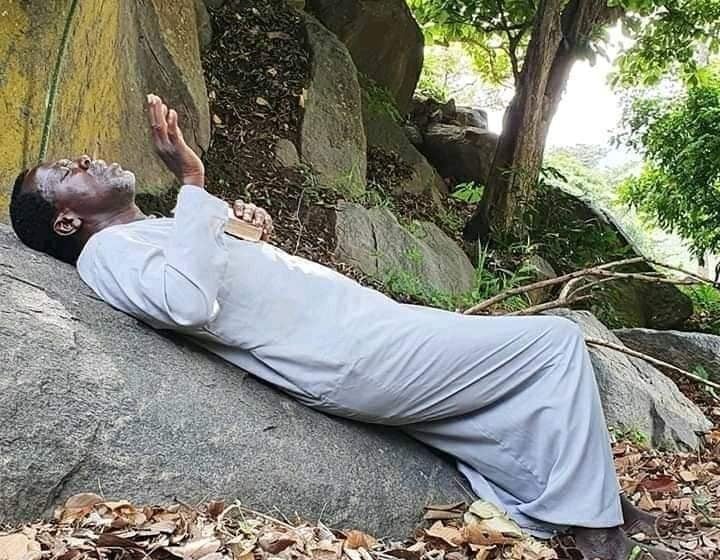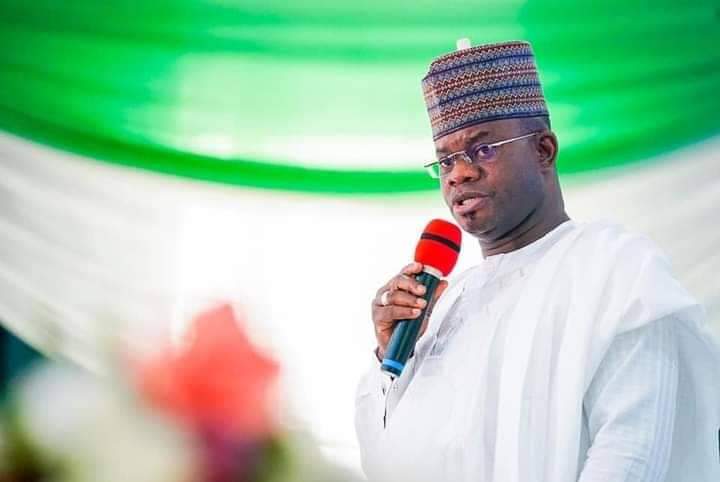BY EMITOMO TOBI NIMISIRE
There has been an increasing shift in internet usage by Nigerians. Entertainment, education, sourcing information, to facilitate their work – Nigerians use the internet for a myriad of reasons.
As of 2001, only 200, 000 Nigerians used the internet. In July 2020, a report by Heinrich Boll Stiftung recorded that over 126 million Nigerians use the internet.
This increment is no surprise, considering how digitised most processes – which previously required physical presence – have become, and the outbreak of the novel COVID-19 pandemic which necessitated lockdown of public spaces, hence leaving people to depend on digital platforms for social interactions and work.
Advertisement
Consequently, this shift comes with an increase in online harassment and data-privacy breach, infringing on human rights of Nigerians on the internet as stated in a resolution adopted by the United Nations Human Rights Council in 2016, which was co-sponsored by the Nigerian and governments of other countries.
A key example is the breach of data privacy of Nigerians who were actively involved in the #ENDSARS protest in October 2020; bank accounts of some protesters were restricted, and alleged GPS tracking and phone calls tapping. There were attempts to control the public’s access to information, amongst which was blocking the online news platform, Peoples Gazette, further stifling press freedom.
From 2nd to 4th of June this year, I was at a training by Pathfinders International for 20 young Nigerians shifting the paradigm by leveraging on digital tools.
Advertisement
On the final day of the training, one of the participants drew our facilitator’s attention to the uproar online about an announcement (You need a VPN to open this if you’re stuck in a country reliving the stone age like I am) by the information minister Lai Mohammed, of an indefinite suspension of Twitter in Nigeria. We all laughed and wrote it off as a bluff – the government is seldom ever swift at coming through on its responsibilities (and this shouldn’t even be one of them). We briefly discussed the possibility of exploring alternative social media platforms for engaging Nigerians on the importance of funding programmes and implementing policies on Advance Family Planning.
“Twitter is not working fah,” “Guys, download VPN and thank me later.” Two participants wrote on the WhatsApp group for a digital campaign I’m part of, around 1 AM on June 5. At first, I thought the ongoing conversation was a prank, until I was staring at my Twitter newsfeed which didn’t refresh no matter how many times I tried to make it (Hi BC., that you?).
Who would have thought that the government had the technical expertise, time, and dedication at its disposal to see the ban through in a twinkling, while members of Boko Haram, unnamed gunmen, rapists, and other perpetrators of violence are freemen, unsurveilled effectively and arrested?
The government’s justifications for the suspension: “Twitter allows secessionists to disseminate information that undermines the country’s stability’’ and “misinformation and fake news spread through social media have had real world violent consequences.”
Advertisement
Many Nigerians who are still active on Twitter despite the ban know that the clampdown is as a result of the president’s inability to get over being called out on, and having his controversial tweet that threatened to treat petulant Nigerians “in the language they understand” taken down by Twitter having violated its “abusive behavior” policy.
The “temporary suspension” has elongated from a seemingly impulsive decision we expected would be reverted in a week to nearly a month-long unchanging one. Nigerians – people who are accustomed to adapting to uncomfortable changes – have moved from posting memes about the ban to expressing concern at the unfurling realization that using virtual private network (VPN) to access Twitter could become our new norm of navigating the digital space, if the government doesn’t snap out of its tantrum anytime soon.
Not only is freedom of speech at risk of cessation, the ban is thinning the income of entrepreneurs, tech companies, start-ups, and influencers who rely on Twitter as a link to their customers and audience.
Calculations on the NetBlocks Cost of Shutdown Tool (COST) show that Nigeria loses N2.17 billion daily to Twitter shutdown.
Advertisement
Similarly, the ban is straining access of people to important and helpful information, such as those on sexual and reproductive health and rights services. I know this because the campaign birthed by the training I mentioned earlier has been staggering to fully take off because Twitter was supposed to be our primary medium of disseminating information and engaging key stakeholders.
For a country where internet data subscription is expensive and power supply is unstable, using VPN is such a hassle, because it drains battery power, saps internet data and the free ones increase their users’ susceptibility to data theft and hacking.
Advertisement
The Twitter ban might come off as capricious, but it is a branch that sprouted out of the hate speech/social media bill which was first introduced by the senate in 2019 and resurfaced during the #ENDSARS protest.
These acts of censorship by the government are ostensibly an abuse of power, and illegal under the aforementioned resolution.
Advertisement
The Cybercrime Act and Nigerian Communications Act – existing laws related to digital rights in Nigeria are outdated, as they are not comprehensive enough to cover present realities of privacy breach, clampdown, harassment, and violation of rights online users face.
Therefore, it is an urgent matter of human rights protection that relevant stakeholders, especially those that prioritize digital rights, investigate the infringement of digital rights in Nigeria and engage the government to review existing policies on digital rights, reconsider the Twitter ban, and set up a body that oversees the protection of these rights.
Advertisement
Nimisire is writer, sexual reproductive health and rights (SRHR) advocate. She can be reached @Nimisire.
